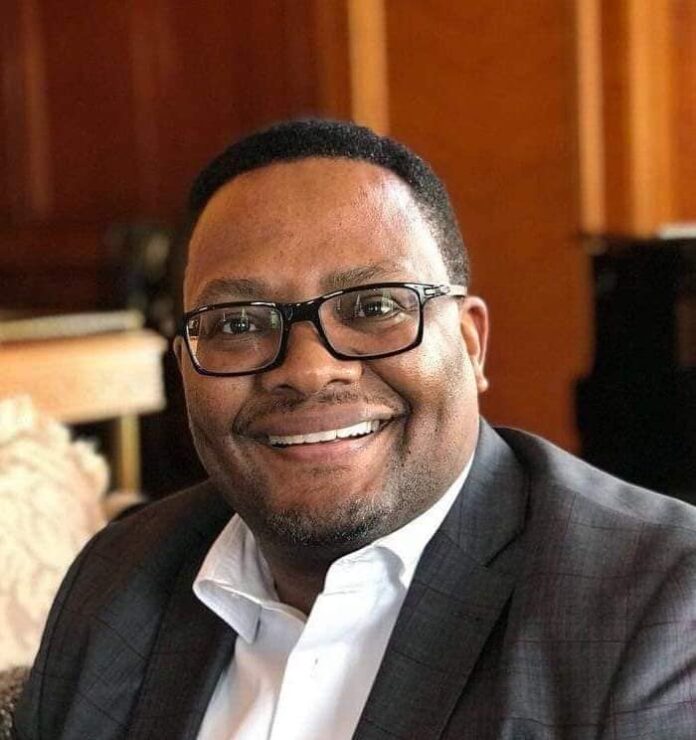13.01.24. 7pm
AMB. EMMANUEL MWAMBA MUST BE CALLED TO ORDER AND SHOW LEADERSHIP
By Daimone Siulapwa
In the midst of the cholera outbreak gripping our nation, the actions and statements of Ambassador Emmanuel Mwamba have raised concerns and sparked debates about the role of leaders during times of crisis.
Mwamba, a figure respected in both media and politics, finds himself under scrutiny for what some perceive as playing politics rather than providing genuine solutions to the unfolding health crisis.
It is undeniably true that the cholera outbreak demands a united front from all leaders, regardless of their political affiliations.
Mwamba, as a presidential aspirant, bears a responsibility to demonstrate leadership and contribute constructively to the efforts to contain the outbreak.
However, recent actions suggest a focus on political point-scoring rather than addressing the urgent needs of the people.
Over the past two weeks, Mwamba has been ubiquitous in the media , utilizing radio, social media, and TV platforms to criticize the government’s handling of the cholera crisis.
While criticism is a vital aspect of a functioning democracy, the absence of tangible and practical solutions in Mwamba’s rhetoric is glaring.
Furthermore, his reluctance to volunteer for frontline involvement raises questions about the sincerity of his concern for the well-being of the citizens.
Presidential aspirants, by the nature of their ambitions, should be held to a higher standard.
The public expects more than mere condemnations; they expect concrete proposals and a willingness to actively contribute to resolving the crisis.
Mwamba’s current approach risks tarnishing his profile as a respected media guru and politician, as it appears to prioritize political gains over the welfare of the people.
The call for a cease-fire in political commentary on the cholera outbreak is not an attempt to stifle necessary critique.
Instead, it is a plea for a more constructive and solution-oriented engagement from our political leaders.
During a public health crisis, it is highly irresponsible for anyone, especially politicians, to derive joy from the failures of others in managing any outbreak.
Such behavior only exposes the selfish and narrow-minded aspects of leadership.
In times of crisis, the public needs leaders who can rise above political differences and work collaboratively for the greater good.
While healthy competition between political parties is crucial for democracy, the cholera outbreak is a stark reminder that certain issues demand bipartisan efforts.
The suffering of the people should never be exploited for political gains.
It is important for politicians, including Ambassador Emmanuel Mwamba, to recognize that there comes a time when enough is enough.
The urgency of the cholera outbreak demands a united front, and the citizens are looking to their leaders for reassurance, guidance, and, most importantly, action.
Political posturing and point-scoring only serve to distract from the real issues at hand and exacerbate the challenges faced by those affected by the outbreak.
As a political analyst and good governance activist, it is my firm belief that leaders should be held accountable not just for their words but, more importantly, for their actions.
The cholera outbreak requires a swift, collective response, and all leaders must set aside their political differences to prioritize the well-being of the nation.
My personal call to Ambassador Emmanuel Mwamba and other political leaders is that they must reassess their approach to the cholera outbreak.
The time for political grandstanding has passed; now is the time for genuine leadership, empathy, and collaboration.
Only through a united effort can we hope to contain the outbreak and prevent further loss of lives.
Daimone Siulapwa is a political analyst, an advocate for tribal unity and Citizen Economic Empowerment. Send your comments to dsiulapwa@gmail.com

Just look at his face, it tells that he is too dull, South Africans realised that and sent him packing, l keep questioning his educational credentials
So, ba Samlindo, you can tell one’s level of intelligence just by looking at his/her face? That is incredible!
Daimone, I am surprised you hold Mwamba to such high esteem and believe you don’t really know and understand the person. Mwamba is not a leader and he doesn’t look at life that way and can not practice what you are suggesting! He is a chancer and prepared to do anything to get what he wants. If you have seen the attacks on social media and of Sampa’s PF boys and the suggestion by Sampa that Patel is a leader and was not there when the 2 were being attacked then you will realise the type of person you think is a leader. This after police went on a man hunt for the attackers. What I was very disturbing. I saw someone wilding a panga ready to chop off someone. We cannot go back to that type life.
Mwamba us a respected leader? Respected by who? PF beneficiaries of looting maybe. Otherwise us reasonable thinking Zambians find him to be an angry bitter loser that’s all.